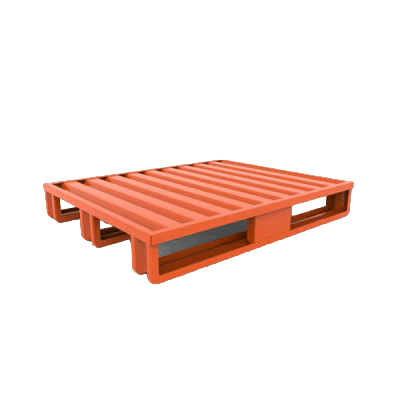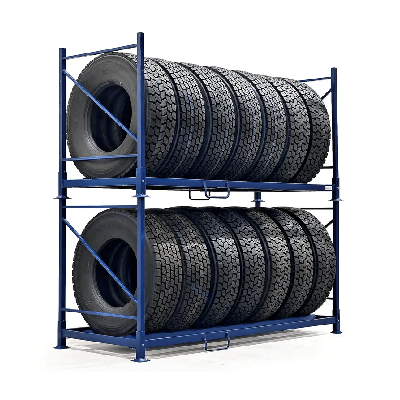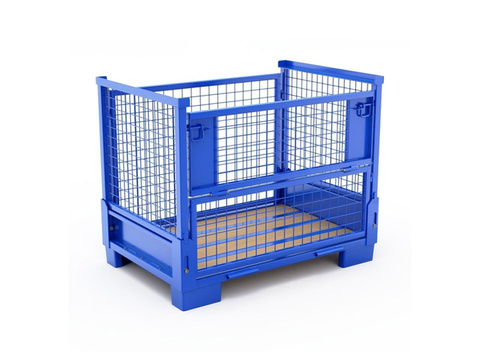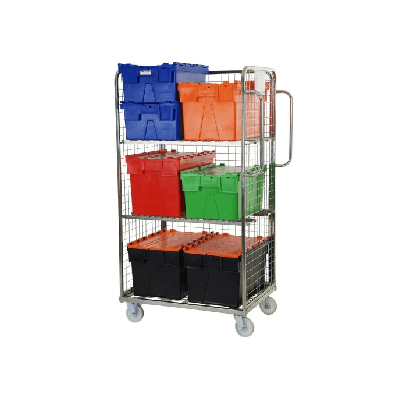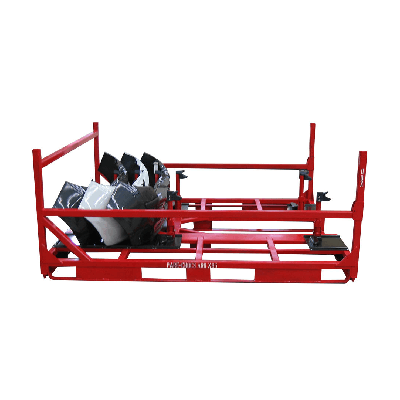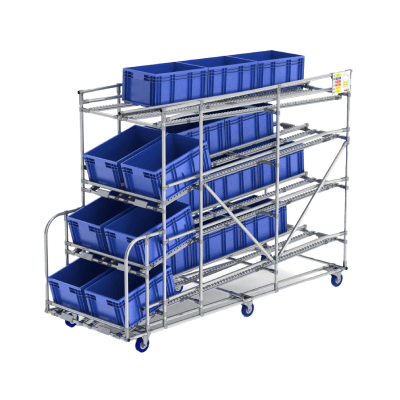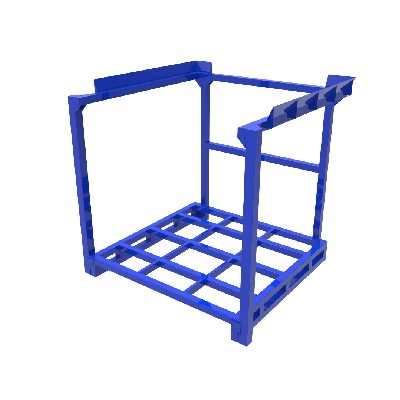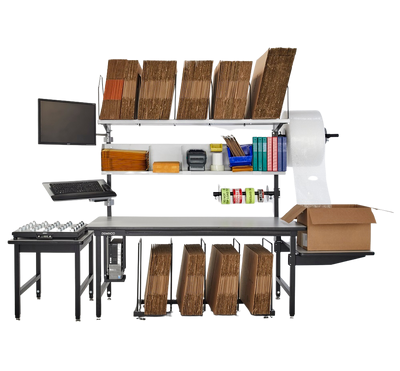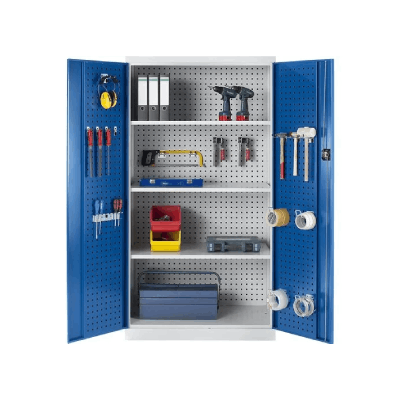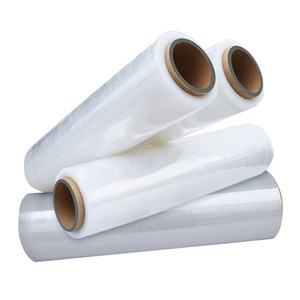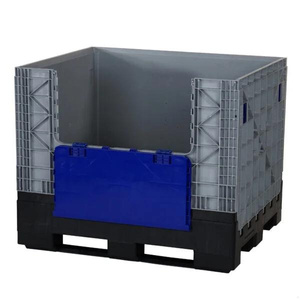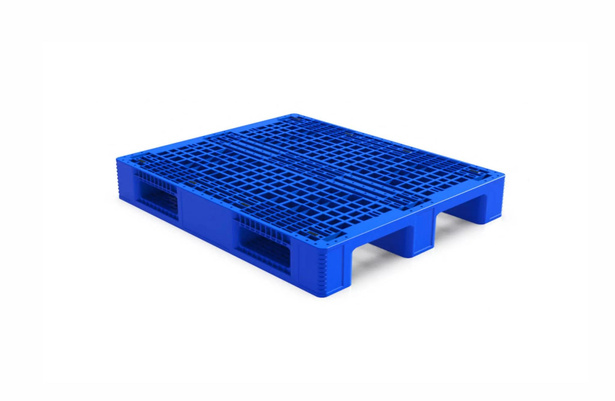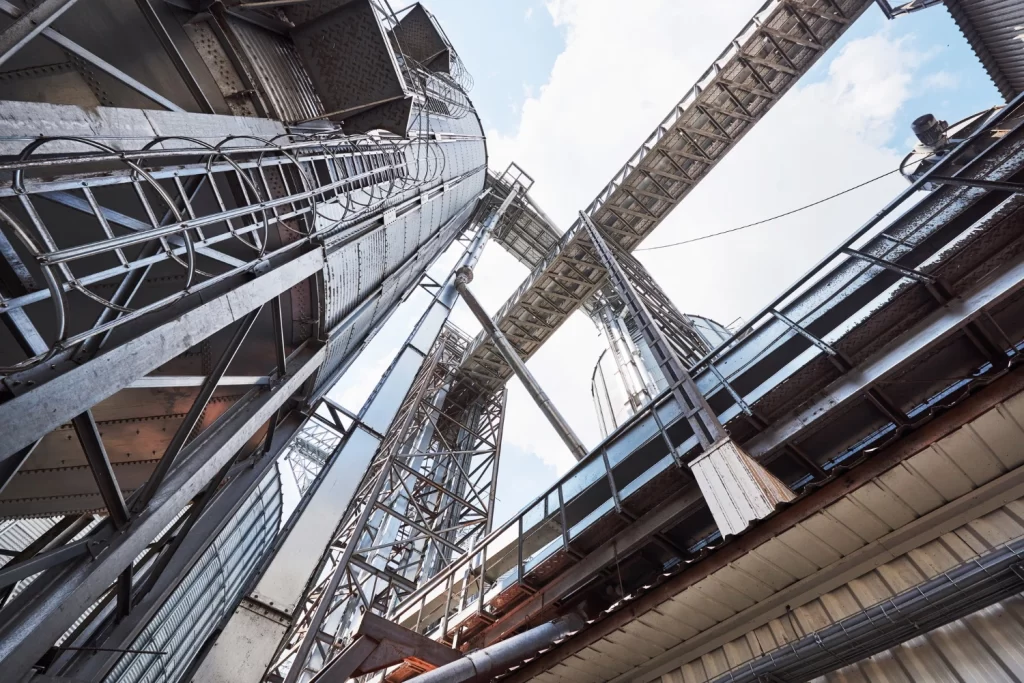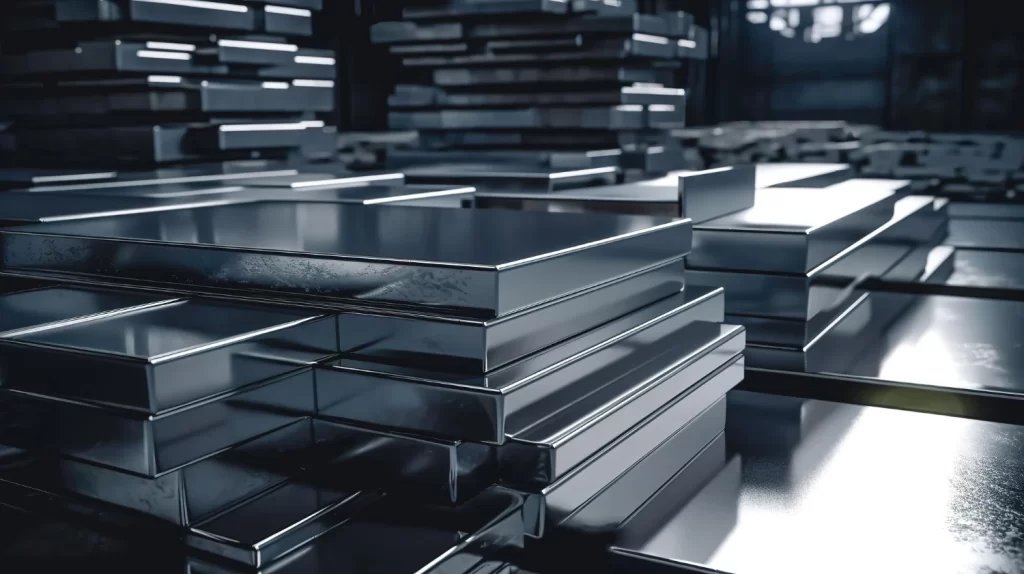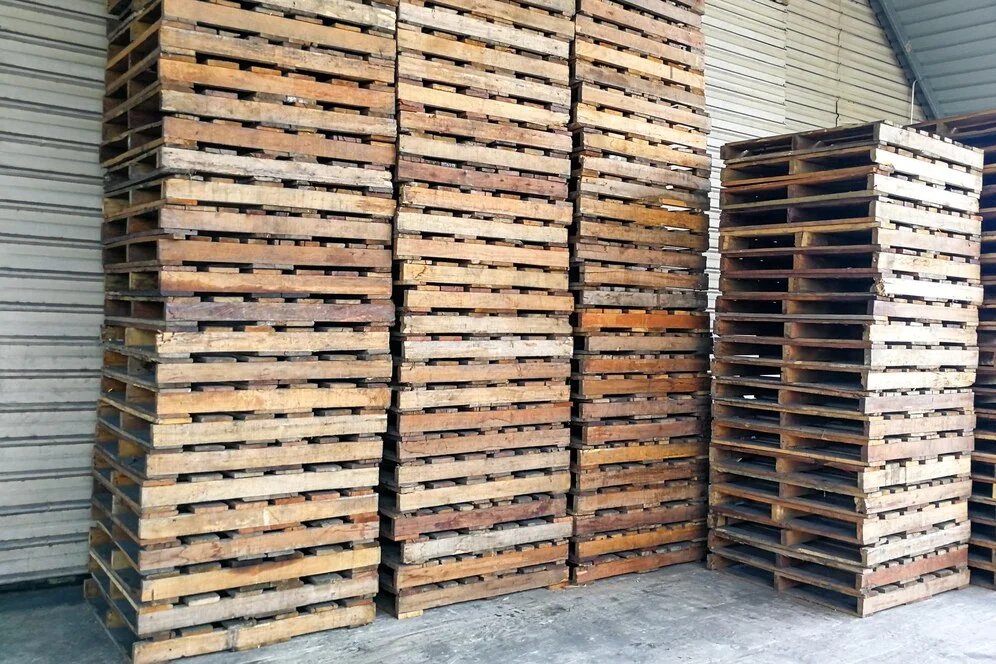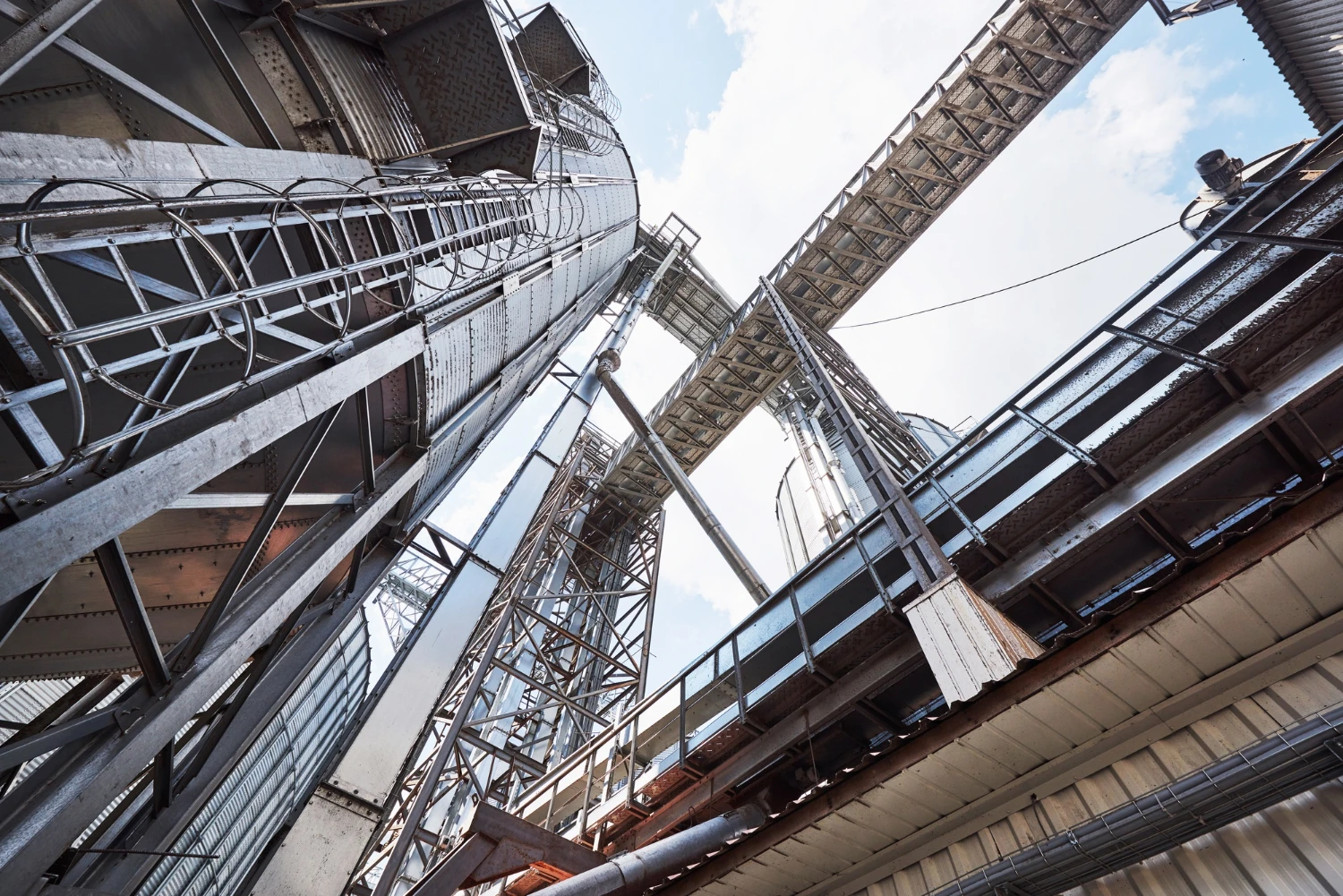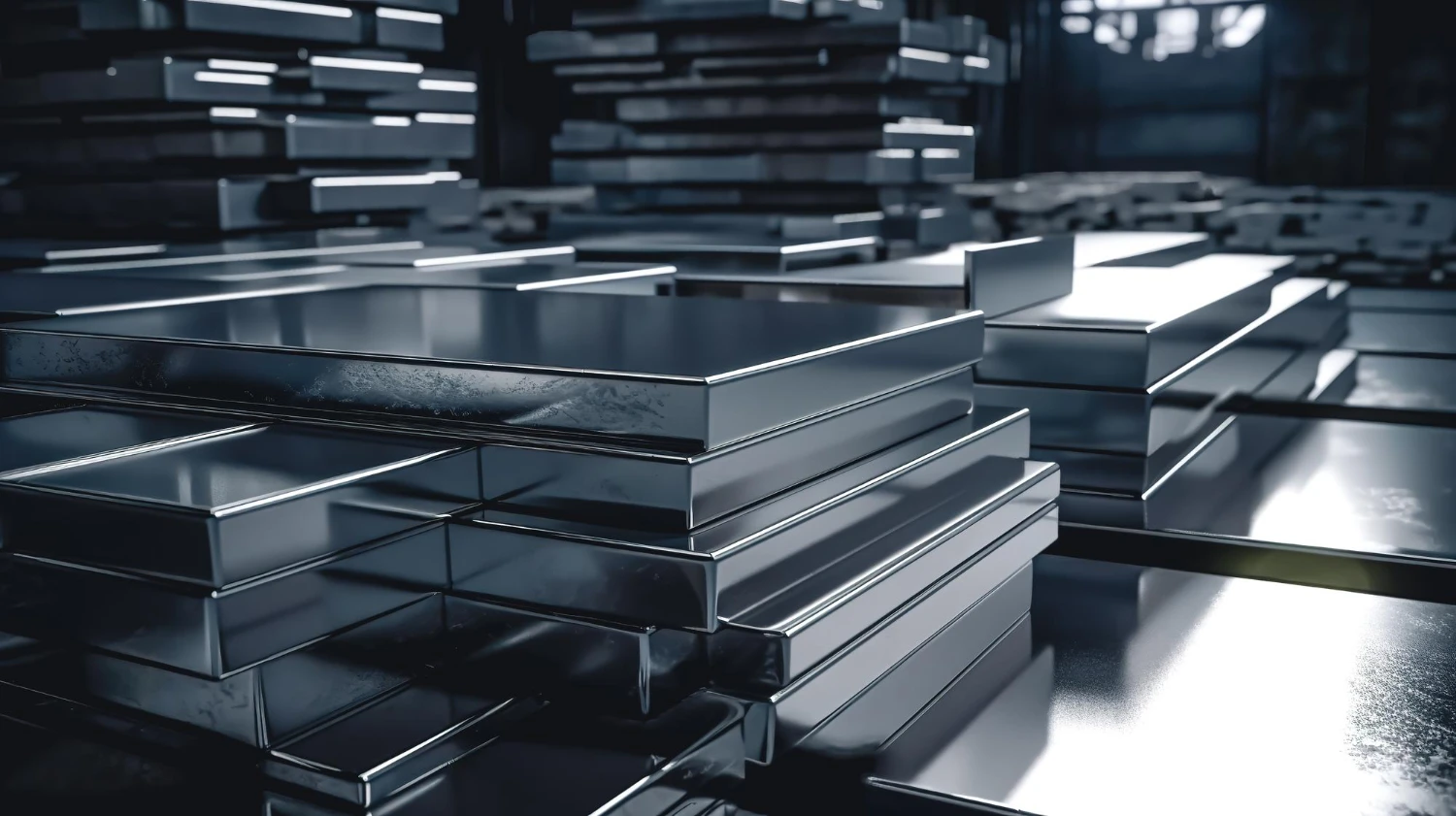In the fast-moving world of logistics, warehousing, and industrial transportation, pallets play an integral role in ensuring the efficient movement and storage of goods. When it comes to choosing the right type of pallet, businesses often weigh three primary options: wood, plastic, and metal. While wood and plastic have been widely used, metal pallet manufacturer have emerged as the most durable, long-lasting, and cost-effective option over time.
But what makes metal pallets outlast their wooden and plastic counterparts? In this blog, we’ll explore the reasons behind the superior longevity of metal pallets and why they’re increasingly becoming the preferred choice for industries around the globe.
Table of Contents
ToggleUnderstanding the Basics: Metal vs. Wood vs. Plastic Pallets
Before diving into the advantages of metal pallets, it’s crucial to understand how each type of pallet performs under typical industrial conditions.
- Wooden Pallets: Traditionally used due to their low cost and availability. However, they are prone to breakage, splintering, and rotting when exposed to moisture.
- Plastic Pallets: Offer uniformity and are resistant to moisture, but can crack under heavy loads or extreme temperature changes.
- Metal Pallets: Typically made from steel or aluminum, they are known for exceptional strength, durability, and resistance to extreme conditions.
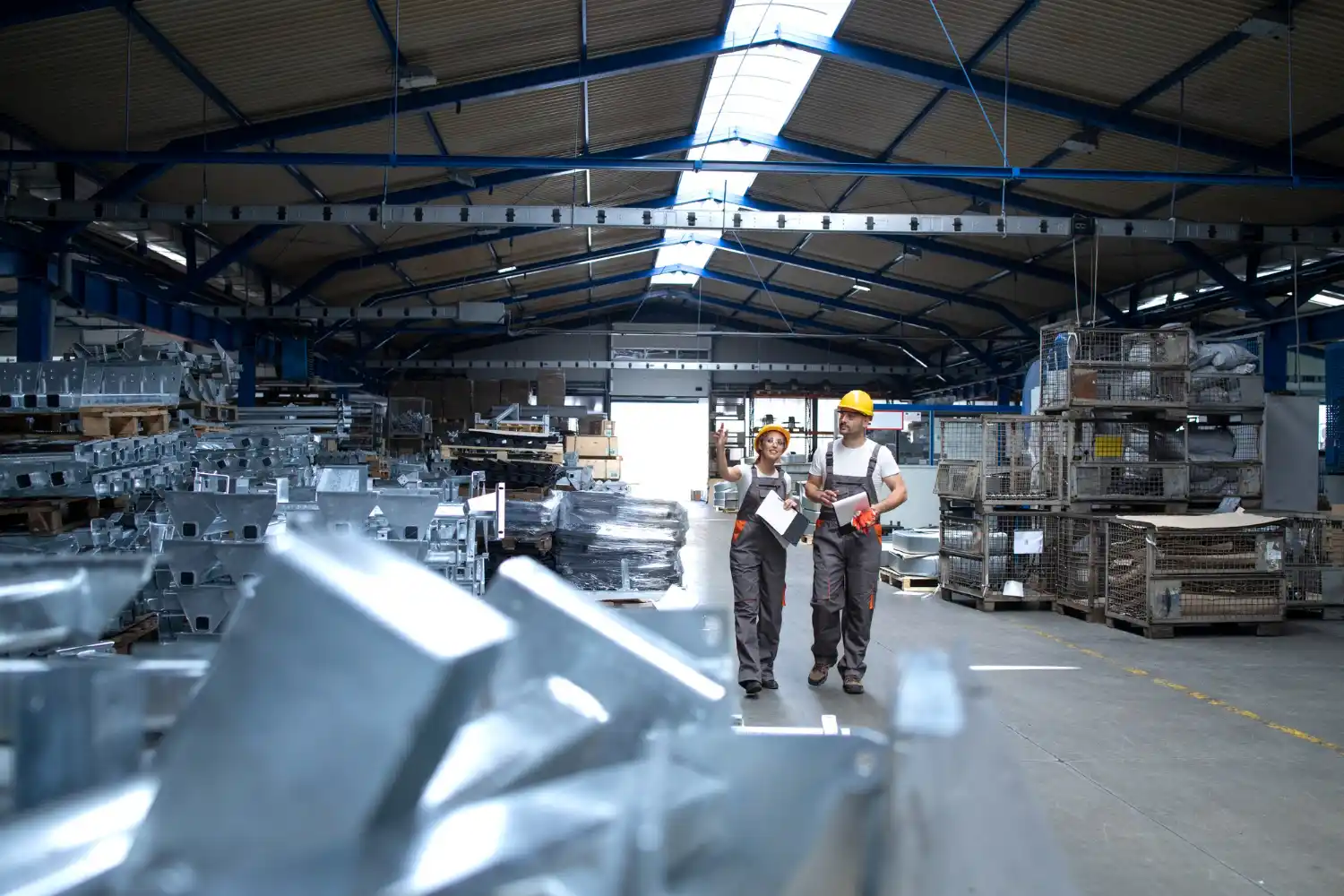
Durability and Lifespan: A Comparative Analysis
1. Resistance to Environmental Factors
Metal pallets are far superior when it comes to withstanding environmental wear and tear. Unlike wood, metal doesn’t rot, warp, or degrade in humid or wet conditions. Also, unlike plastic, metal does not become brittle or crack under exposure to extreme heat or cold. This makes them ideal for both indoor and outdoor use across different climates.
2. Load-Bearing Capacity
When it comes to carrying heavy industrial goods, metal pallets shine due to their high load-bearing strength. Wooden pallets may splinter or collapse under excess weight, and plastic pallets, though better in shape consistency, often buckle under loads beyond their design limit. Metal pallets, especially those made by a reputable Metal Pallet Manufacturer, are built to handle rigorous use and weight without deforming or breaking.
3. Impact Resistance and Structural Integrity
In high-impact environments like warehouses and construction sites, pallets are frequently subjected to rough handling. Wood can split, and plastic can shatter, but metal pallets retain their shape and function even after repeated impacts. This structural integrity is key to their longer service life.
Maintenance and Repair: Why Metal Pallets Excel
1. Easy to Clean and Sanitize
Metal pallets offer a smooth surface that can be cleaned easily with industrial-grade cleaners or even pressure-washed. This is particularly valuable in industries like pharmaceuticals, food processing, and chemicals, where hygiene is a top priority. Wooden pallets can absorb liquids and contaminants, while plastic pallets may retain residues or odors over time.
2. Minimal Repair Requirements
Wooden pallets often need frequent repairs due to broken boards, protruding nails, or infestations like termites. Plastic pallets, once cracked, are difficult to repair. In contrast, metal pallets require minimal maintenance and, if damaged, can usually be repaired through welding or component replacement, extending their usability by years.
Cost Efficiency Over the Long Run
1. Initial Cost vs. Long-Term Savings
While metal pallets may come with a higher upfront cost, they more than compensate with their extended lifespan. On average, a metal pallet can last 10 to 15 years, whereas wood and plastic pallets typically last 3 to 5 years, depending on usage. Over time, the reduced need for replacements and repairs makes metal pallets a more economical choice.
2. Reusability and Lifecycle Value
Metal pallets can be reused for hundreds, sometimes thousands, of cycles without degradation. This reusability significantly reduces the need for frequent inventory replenishment and lowers waste generation, adding to cost-efficiency and environmental sustainability.
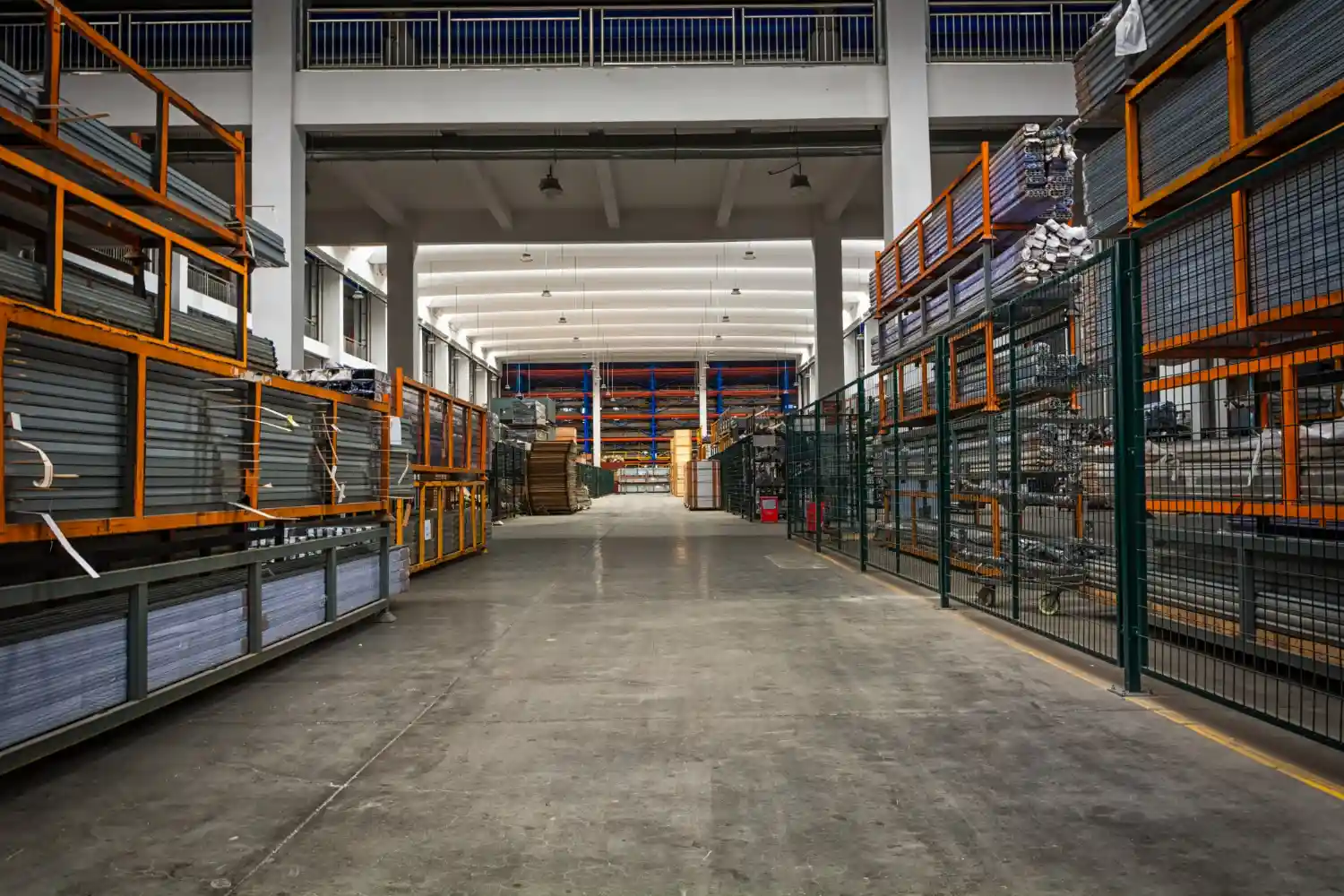
Safety and Compliance Benefits
1. Fire Resistance
Unlike wooden pallets, which are highly flammable, and plastic pallets, which can melt and emit toxic fumes, metal pallets are inherently fire-resistant. This makes them suitable for industries where fire safety regulations are strict and non-compliance can result in hefty fines or operational risks.
2. Compliance with International Shipping Standards
Many global shipping regulations restrict the use of untreated wooden pallets due to pest concerns. Metal pallets are exempt from these regulations, offering hassle-free cross-border movement. This eliminates the need for fumigation, saving both time and money.
Sustainability and Eco-Friendliness
1. Recyclability
Metal pallets are 100% recyclable, which aligns with the global push toward eco-friendly and sustainable business practices. At the end of their lifecycle, metal pallets can be melted down and reprocessed, reducing environmental impact. In contrast, wooden pallets often end up in landfills, and plastic ones pose challenges due to their non-biodegradability.
2. Reducing Carbon Footprint
While manufacturing metal pallets might involve higher energy use initially, their long lifecycle and recyclability translate to a lower overall carbon footprint compared to the repeated manufacturing and disposal cycles of wood and plastic pallets.
Versatility and Customization
Metal pallets are highly customizable to meet specific industry requirements. Whether it’s corrosion resistance for marine environments, stackability for warehouse space optimization, or locking mechanisms for secure transport, a Metal Pallet Manufacturer can tailor designs to match diverse operational needs.
Custom features such as collapsibility, RFID tracking integration, or powder-coated finishes for rust prevention make metal pallets an adaptable solution across sectors, including automotive, aerospace, retail, and manufacturing.
Ideal Use Cases for Metal Pallets
Given their durability, hygiene, and strength, metal pallets are ideal for the following industries:
- Pharmaceutical and Chemical: Where contamination resistance and cleanliness are critical.
- Automotive and Heavy Engineering: For handling bulky and high-weight components.
- Food & Beverage: Especially in cold storage or moist environments.
- Export and Logistics: Where strength and international compliance are vital.
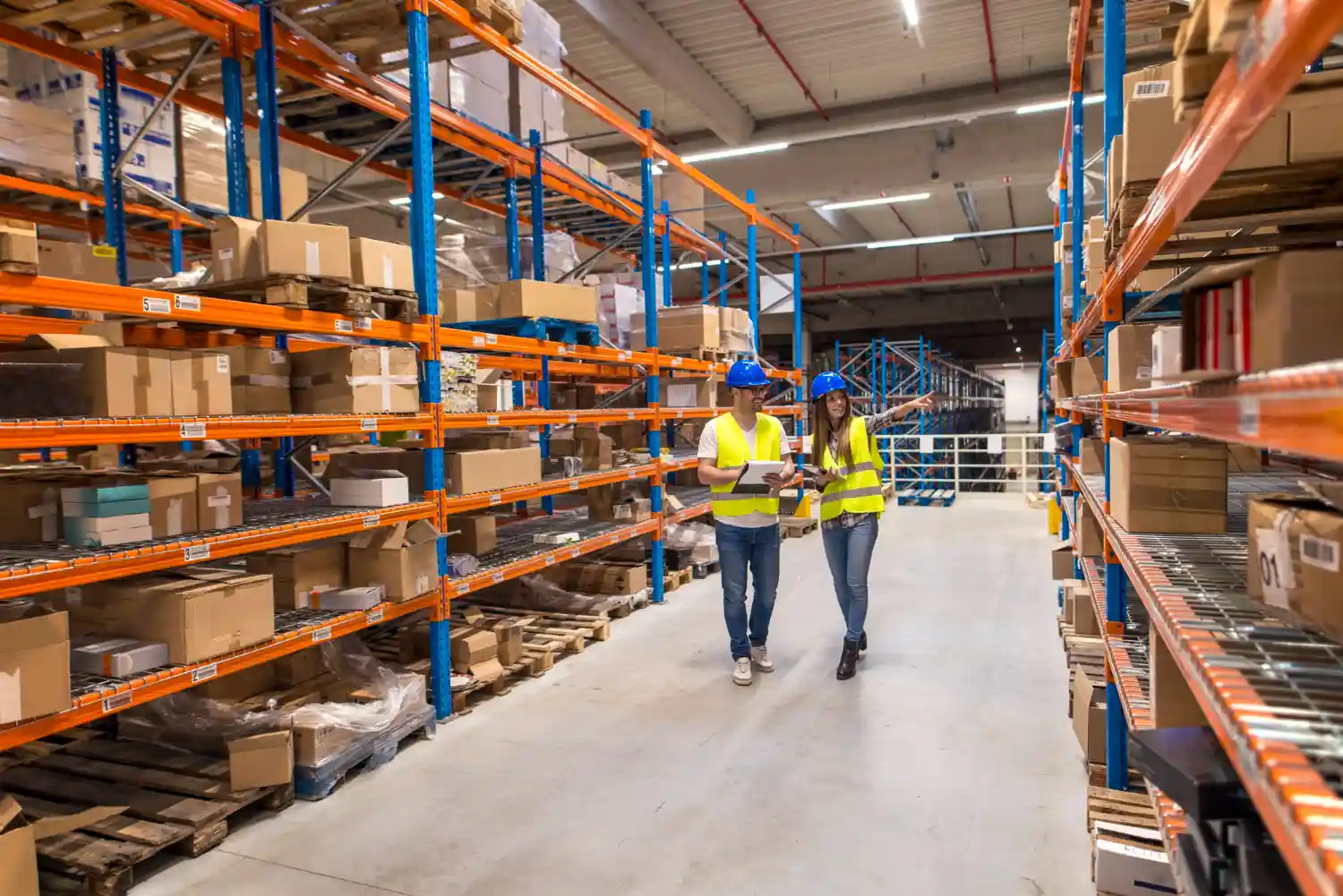
Common Misconceptions About Metal Pallets
1. Too Heavy to Handle
Thanks to advancements in design and materials, many metal pallets are now made using lightweight aluminum or steel alloys, offering strength without excessive weight. Moreover, automation and forklift integration in warehouses offset any manual handling concerns.
2. Higher Initial Cost Equals Poor Investment
While it’s true that metal pallets are more expensive initially, their lifespan, low maintenance, and recyclable value make them a better long-term investment than frequently replaced wood or plastic pallets.
Conclusion:-
In a competitive and efficiency-driven industrial world, every investment counts. Metal pallets have proven their superiority in durability, hygiene, compliance, and cost-effectiveness. Their ability to withstand harsh environments, bear heavy loads, and remain maintenance-free for years makes them the top choice for businesses looking for long-term value.
If you’re considering upgrading your pallet systems, working with an experienced Metal Pallet Manufacturer can ensure that you get the right design tailored to your operational requirements. For quality, innovation, and reliability in pallet solutions, Kole Pallet offers industry-grade metal pallets that stand the test of time and use.
Frequently Asked Questions:-
1. What makes metal pallets more durable than wood or plastic pallets?
- Metal pallets are extremely durable against moisture, harsh temperatures, and impact. They do not decay or splinter, unlike wood, and do not crack or deform like plastic. Their structural integrity allows them to last significantly longer under industrial conditions.
2. Are metal pallets cost-effective despite their higher initial price?
- Yes, metal pallets offer better long-term value. Although they have a higher upfront cost, their extended lifespan, low maintenance, and reusability lead to significant cost savings over time.
3. Can metal pallets be used in the food and pharmaceutical industries?
- Absolutely. Metal pallets are ideal for industries that require strict hygiene standards. They are easy to clean, non-absorbent, and resistant to contamination, making them suitable for food, beverage, and pharmaceutical applications.
4. Do metal pallets meet international shipping regulations?
- Yes, metal pallet manufacturer are exempt from many international restrictions that apply to untreated wooden pallets, such as ISPM-15 regulations. This makes them a preferred choice for global shipping.
5. Are metal pallets environmentally friendly?
- Metal pallets are 100% recyclable. At the end of their service life, they can be melted down and reused, contributing to reduced environmental impact and supporting sustainability efforts.

